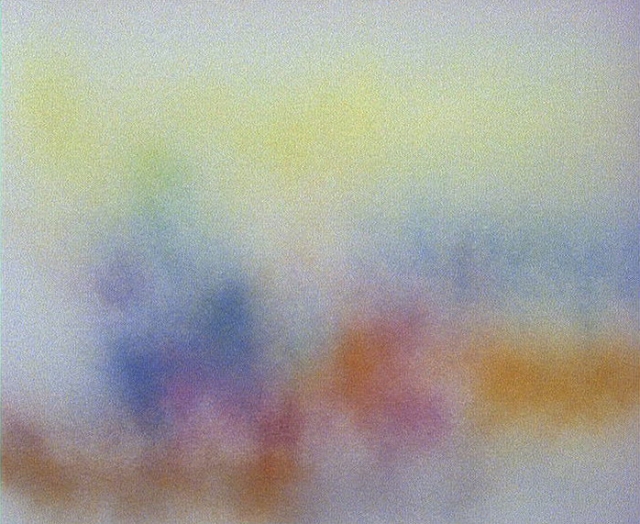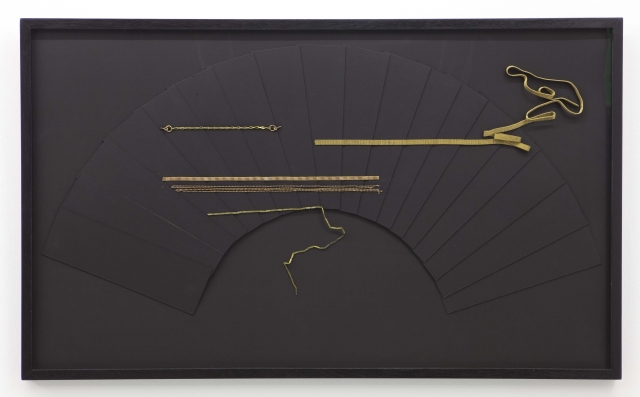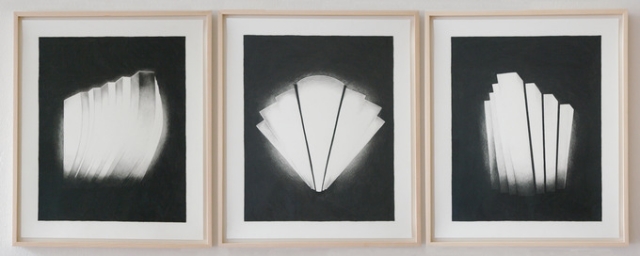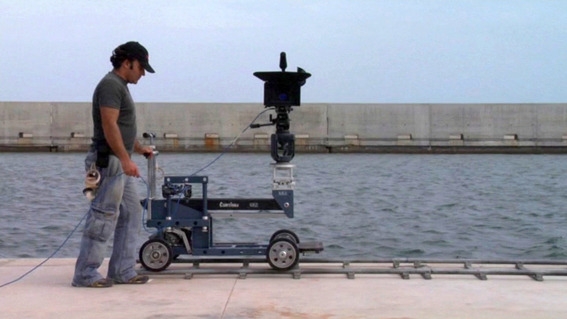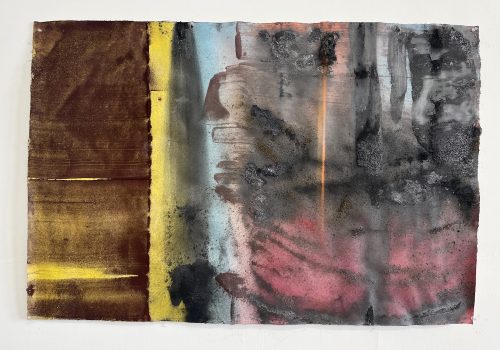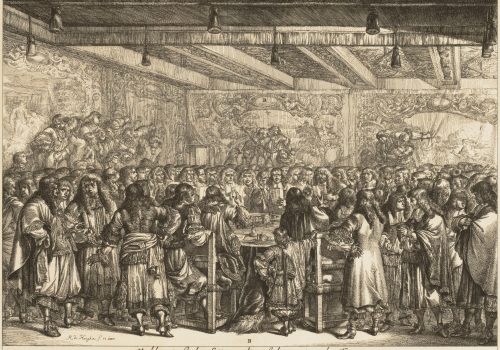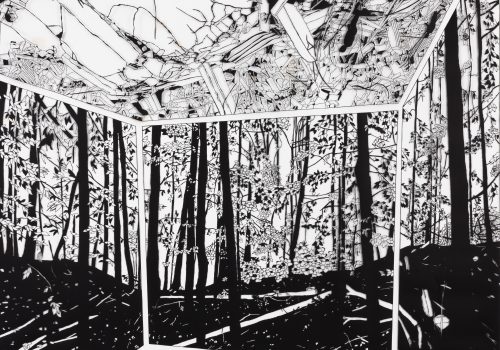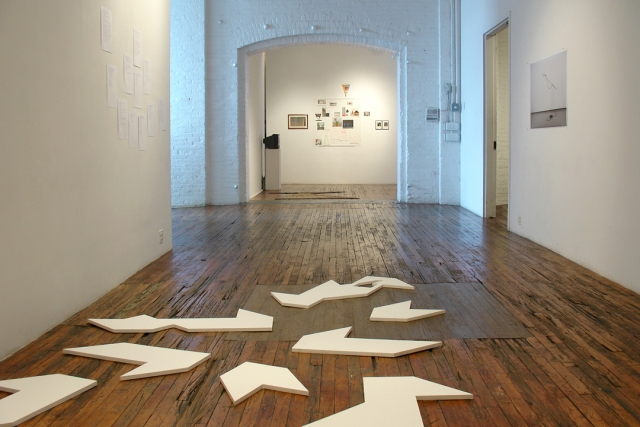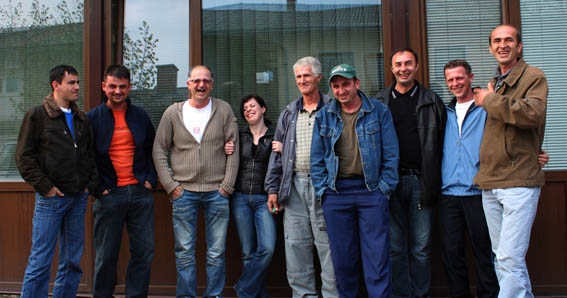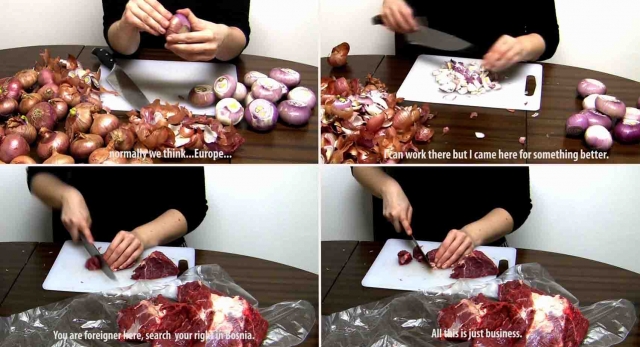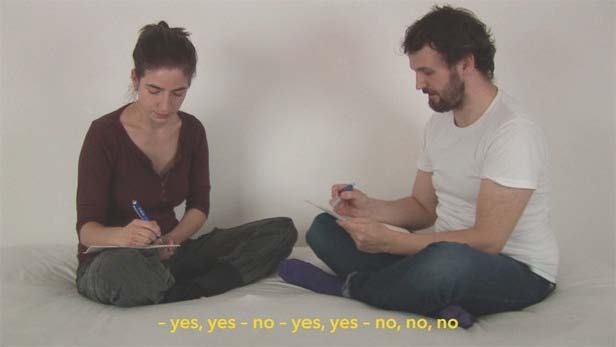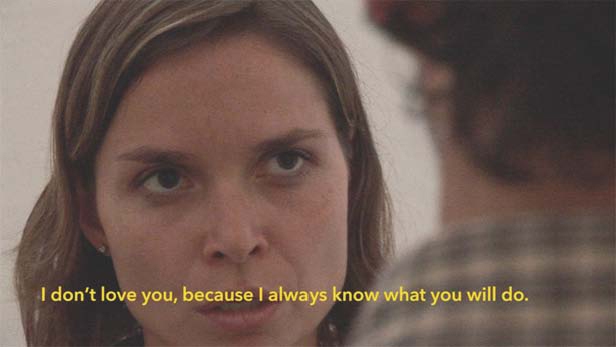Regional exhibitions often use sociopolitical history as a key in the interpretation of the work of artists who, despite obvious consistencies in their background, do not share a single cultural identity. This approach bypasses individual histories and regularly leads to forms of cultural profiling persistent enough to affect even those younger generations of artists whose work does not deal with collective history. The art from Central and Eastern Europe is no exception. As Zdenka Badovinac (1) has noted, artists and cultural practicioners from this region must be aware that they can only move forward by complying with world standards, as well as, being concerned of how their otherness is perceived. For Badovinac, otherness must be continuously and actively redefined, to save it from becoming a pattern or, worse, drifting into folklore. Today, the work of visual artists from this region is too often considered in direct relation to the socialist ideologies that dominated the former Eastern Bloc, a perspective that fails to acknowledge the breadth and scope of contemporary art practice in Central and Eastern Europe.
In this regard, There Has Been No Future, There Will Be No Past curated by Marco Antonini and Sandrine Canac was conceived as a platform for self-representation and dialogue. Participating artists include Rada Boukova, Eric Stephany, Igor Eskinja, Andreas Fogarasi, Wojcieh Gilewicz, Marzena Nowak, Jan Mancuska, Jiri Skala, Svatopluk Mikyta, Anetta Mona Chisa & Lucia Tkacova, Kader Muzaqi, Svetlana Mircheva, Irgin Sena, Ellie Krakow, Tehnica Schweitz (Gergely Laszlo & Peter Rakosi), Katarina Sevic, Katarina Zdjelar and Maziar Afrassiabi.
The curators invited eight ISCP alumni from Central and Eastern Europe whose work does not address the social and political history of their countries. Each of the artists was invited to nominate a peer artist to take part in the exhibition in an effort to expand the geographic context and ambit of the project. This nomination process engaged the artists in the curatorial process allowing them to further articulate on their own artistic discourse, placing their work and the work of their peers on a personally drawn ‘map’. The invited artists have not only contributed to the visual and conceptual outcome of the exhibition, but also offered new perspectives in its interpretation. Furthermore, the artists will incorporate ‘non-art’ images (inspirational material, unfinished works, archives, sketches etc.) in the exhibition, highlighting the importance of personal materials in the development of their work.
Deliberately avoiding the creation of paradigmatic models for the interpretation of contemporary art from Central and Eastern Europe, There Has Been No Future, There Will Be No Past adopts a free and discursive approach. In this way, the exhibition emphasizes the network of intellectual exchanges that sustained its development, highlighting the fragmented complexity of an unpredictable group portrait.
(1) From: ‘Undefining the Other: Markus Miessen in conversation with Zdenka Badovinac’, in Markus Miessen, ed., East Coast Europe, (Berlin: Sternberg Press, 2008), 71.
This exhibition was supported by: Austrian Cultural Forum New York, Brooklyn Arts Council, Cultural Services of the French Embassy in New York, Czech Center New York, Italian Cultural Institute in New York, Ministry of Culture of the Slovak Republic, plus421 Foundation, Polish Cultural Institute in New York and Supreme Digital. Thanks to the Young Visual Artist Awards (YVAA), a major artist fellowship in Central and Southeastern Europe that culminates with a residency at ISCP for supporting emerging artists of the region.
